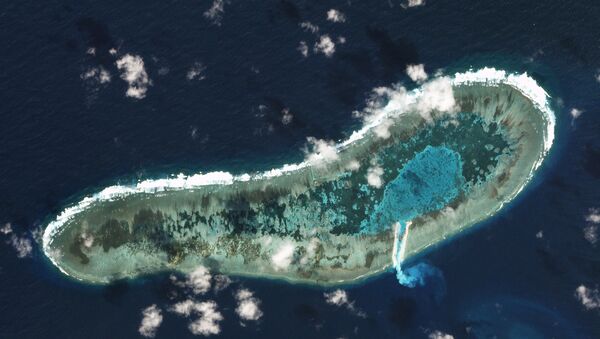A joint statement released by China and Vietnam indicated that both nations will seek to keep maritime peace and refrain from belligerent actions.
Both sides agreed to “manage and properly control” disagreements on the open seas, vowing “not to take any actions to complication the situation.”
Despite “positive” discussions between Hanoi and Beijing last week, the statement said, both sides need to take proactive measures ensure their differences don’t widen.
Since his election, Philippines President Rodrigo Duterte has backed off of his country’s previous claims in the South China Sea, presumably to pursue better ties with Beijing.
The South China Sea allows the passage of trading ships with $5 trillion in economic value each year. Island building has proved particularly contentious: US Secretary of State Rex Tillerson remarked that China’s activities in the South China Sea amounted to “an illegal taking of disputed areas without regard for international norms.”
Taiwan, Malaysia and Brunei also claim to own some of the islets and reefs in the South China Sea, according to the Council on Foreign Relations. The source of competing territorial claims boils down to a race for resources, according to David Rosenberg, political science professor at Middlebury College. Hyrdocarbons and fisheries, in particular, are particularly lucrative resources that are up for grabs, according to the CFR.




